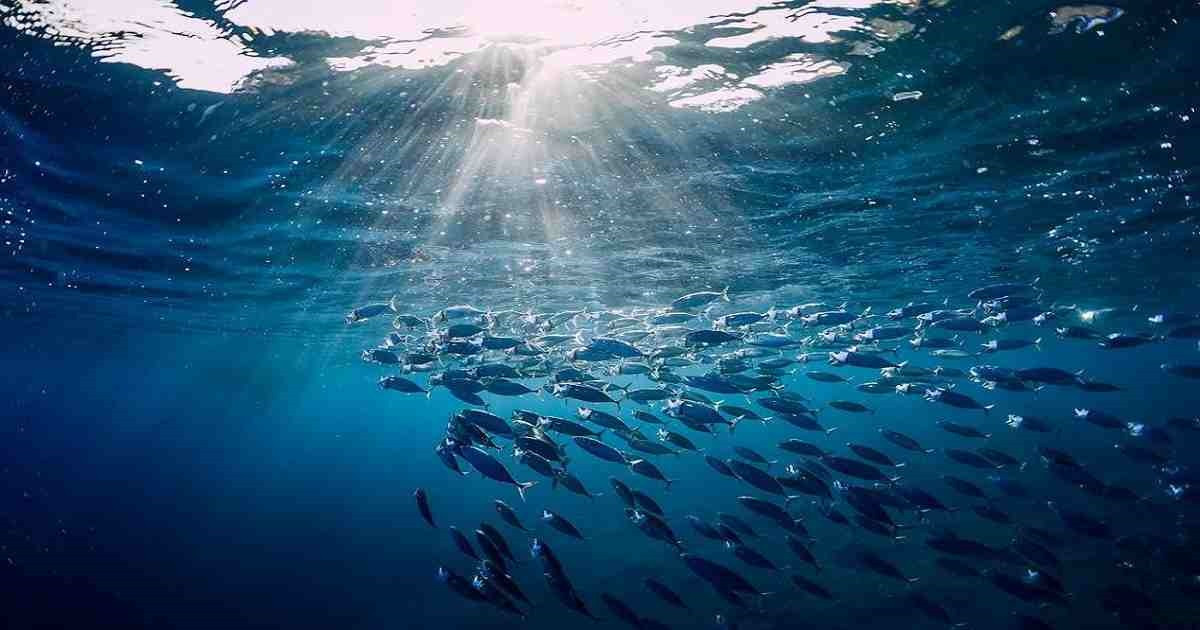Sustainable Ocean Economy: Advancing Bangladesh’s Blue Growth
Published: 27 Apr 2024, 09:52 AM

File Photo: UNB
Bangladesh has a rich marine biodiversity which can encourage its sustainable blue growth. An appropriate blue economy requires a harmonious use of ocean resources. The ocean is actually a store house of innumerable biotic and abiotic resources. Among the biotic resources - fisheries, aquaculture, marine plants, marine mammals and microorganisms primarily are mentionable. The abiotic resources are minerals, energy resources, sand and gravel, salt, and fresh water. These resources provide the sole support system to marine ecosystem which ultimately enhances the sustainability of livelihoods for millions all over the world. This also actively contributes to various industries and economies. To materialise this dream, our visionary leader established the “Territorial Waters and Maritime Zones Act 1974.” For a new nation like Bangladesh it was really an innovative step enforced long eight years before the declaration of the “United Nations Convention on the law of the Sea, 1982.” Actually, this was the foundation for exploring blue economy for Bangladesh.
A United Nations representative recently defined the Blue Economy as an economy that "comprises a range of economic sectors and related policies that together determine whether the use of ocean resources is sustainable. An important challenge of the blue economy is to understand and better manage the many aspects of oceanic sustainability, ranging from sustainable fisheries to ecosystem health to preventing pollution. Secondly, the blue economy challenges us to realize that the sustainable management of ocean resources will require collaboration across borders and sectors through a variety of partnerships, and on a scale that has not been previously achieved." The UN notes that the Blue Economy will aid in achieving the UN Sustainable Development Goals 14. This is definitely significant for Bangladesh during the post-LDC period.
It is sufficiently apprehensible that oceans carry huge amounts of resources for the lives on earth; just what we need is to determine the appropriate technology or tool to usher the best ways to make them potentially useful for sustainable growth of our economy. Now the term sustainability needs to be fully comprehended so that the activities that our nation determines to explore the lives under ocean might not go in vain. The economy of Bangladesh has long been dependent on RMG sector but depending on only a single source of income is not wise for a nation. So, in view of economists, it is high time for Bangladesh to search for alternative sources while the blue economy may be a fruitful venture.
Blue Economy is a sustainable economic concept, which can unveil a wide horizon for the economic growth of Bangladesh. Gunter Pauli, through his book “The Blue Economy: 10 years, 100 innovations, 100 million jobs” brought the Blue Economy concept into prominence. The “Blue economy” concept seeks to promote economic growth, social inclusion, and preservation or improvement of livelihoods while at the same time ensuring environmental sustainability.
Following this, Bangladesh has formulated policies related to ocean science in its 7th five-year plan. Considering all these factors in background, Bangabandhu Sheikh Mujibur Rahman Maritime University, Bangladesh (BSMRMU) started its journey in 2013. Since its inception this university has been continually working for providing quality education to its graduates in the area of various ocean as well as maritime related disciplines. It is expected that the graduates from this university will be working in all the relevant fields of ocean to boost up the sustainability of blue economy in Bangladesh.
According to a World Bank report, the gross value added to Bangladesh in 2014-15 from ocean economy was US$ 6,192.98 million which was around 3.33 per cent of the Bangladesh economy. Employment data in the Bangladesh ocean economy is limited. Around 17 million people are employed in fisheries and aquaculture, of which some 1.35 million works in marine capture fisheries and aquaculture. An estimated 6 million more people are employed in sea salt production and ship breaking. Other reports estimate that 30 million people are dependent on the ocean economy in Bangladesh.
Despite this slow growth, Bangladesh has immense opportunities for flourishing blue economy. Keeping this in view, BSMRMU is going to organise an international seminar on “Sustainable Ocean Economy: Advancing Bangladesh’s Blue Growth” on 29 April 2024. The seminar will be attended by renowned experts and scholars from home and abroad. It is expected that this timely seminar will breed some useful ideas and essential knowledge related to ocean economy and its sustainability. We believe that the outcome of the seminar will invariably be a good platform for both novice and old scholars and researchers, and give them a useful guideline to embark on a journey together to achieve the best results.
Bangladesh government shouldn’t ignore the prerequisite for the blue economy to reach up to its high potentials. Some of the factors that the government should take special care of are highly skilled technical manpower and motivated group of research scientists. Hence Bangladesh needs to prepare skilful human resources for maritime sectors. Well trained, skilled and educated human resources are the driving force of the development of an economy.
_____________________________________
The writer is a Professor, Dept. of English, Bangabandhu Sheikh Mujibur Rahman Maritime University, Bangladesh

